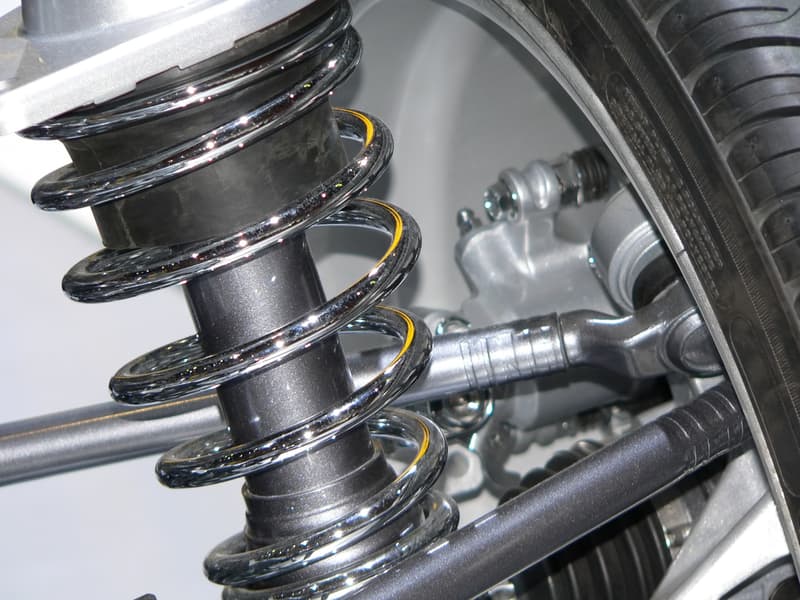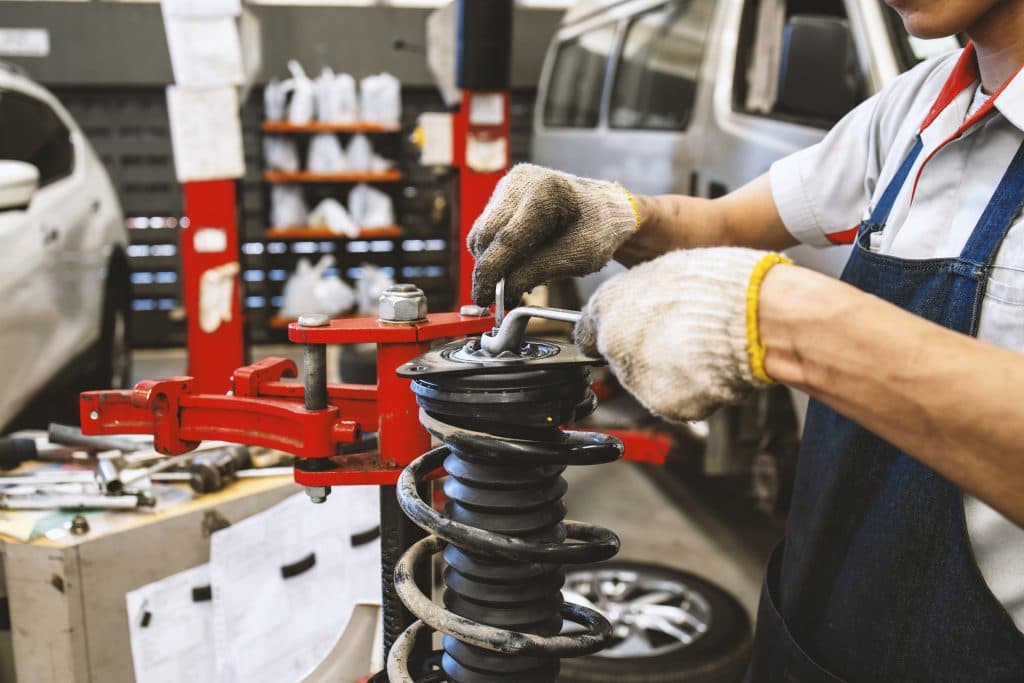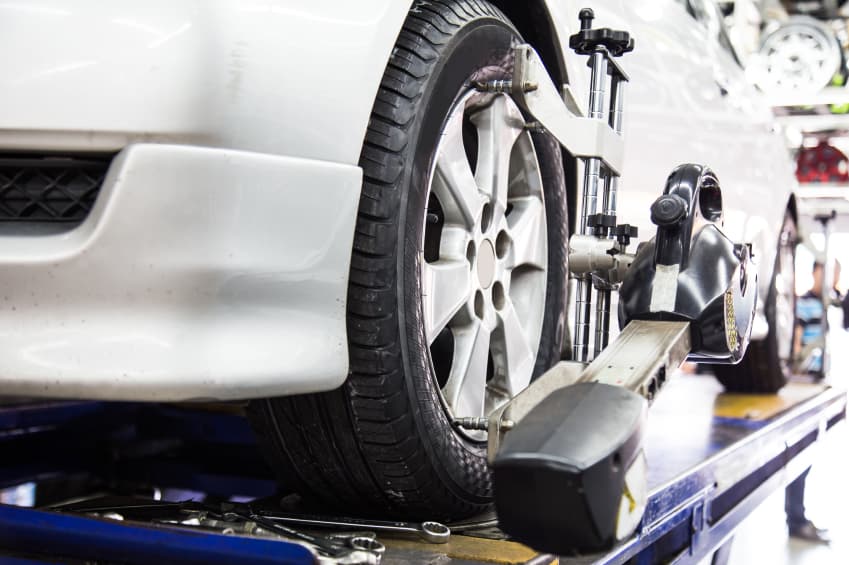
August 9, 2017
Pros and Cons of Suspension Lowering
Should you invest the time and money required to have your vehicle’s suspension lowered? It’s a question that many drivers never even think about. Before you make the decision to proceed with lowering your vehicle’s suspension, consider the options and understand the pros and cons that a lowered suspension entails.
Why Get a Lowered Suspension?
Lowering your suspension is an aftermarket alteration that makes your vehicle sit a little bit lower to the ground. There are several implications to this, including a number of performance and safety advantages.
Here are some of the main advantages of lowering your suspension:
- Improved aerodynamics: When the vehicle sits closer to the ground, it means there is less air going underneath the vehicle, which in turn means less wind drag on the car.
- Improved handling and traction: Generally speaking, lowering the vehicle closer to the ground improves the tires’ grip on the road, leading to improved handling. But this is not true across the board, as lowering the suspension on some vehicles may actually *impair *handling.
- Reduced risk of rollover: A high center of gravity is a liability for any vehicle, giving it a higher risk of rollover. Lowering the suspension lowers the center of gravity and reduces the risk of a rollover.
- Enhanced comfort: This is somewhat subjective, but some drivers say that lowering the suspension simply makes their vehicle more comfortable and less prone to rattling around.
Are There Disadvantages to Lowering the Suspension?
The perks of suspension lowering are significant, but it’s also important to note some of the potential downsides to lowering the suspension of a vehicle. Here are some of the main downfalls:
- Increased bottoming out: When you lower the suspension, you raise the risk of the vehicle’s bottom skidding against the ground, especially when it bounces. Speed bumps can be especially difficult here. Contact with the ground can leave many of your vehicle’s components vulnerable.
- Unevenness in the tire wear: In some instances, lowering the suspension can have ill effects on the tire wear patterns. This is definitely something to ask about before you have the suspension lowered.
- Conflict with other systems and components: Sometimes when you lower the suspension, you bring it into closer contact with other parts of the car. The results of this can be problematic, especially when you bring the suspension too close to the anti-lock brake system, the tire sidewalls, etc.
Making Changes to Your Suspension
The bottom line is that changing your suspension has both positive and negative effects on your vehicle. It’s best to talk about this process with a trained mechanic who can help you think through all the implications. Don’t make any suspension changes until you’re confident about how they will pan out.



